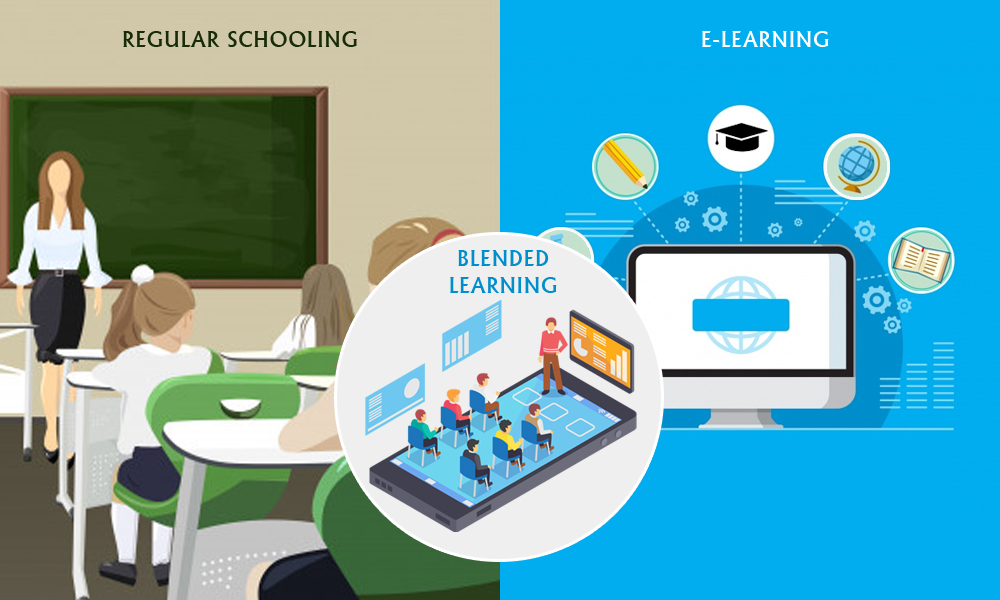
Healthcare facilities, particularly hospitals, are complex systems that require efficient management to ensure the delivery of high-quality care. The intricate interplay of various components—ranging from medical staff and technology to patient flow and administrative processes—demands a comprehensive understanding of hospital management principles. This article explores key aspects of managing complex systems in healthcare facilities, emphasizing strategies that enhance operational efficiency, patient safety, and overall quality of care.
Understanding Complex Systems in Healthcare

1. Definition of Complex Systems
A complex system is characterized by interdependent components that interact in dynamic ways. In healthcare, these components include:
- Healthcare Providers: Physicians, nurses, allied health professionals, and administrative staff.
- Patients: Individuals receiving care, each with unique needs and medical histories.
- Technology: Medical devices, electronic health records (EHRs), and telemedicine platforms.
- Processes: Clinical workflows, patient admissions, and discharge procedures.
- External Factors: Regulatory requirements, insurance policies, and community health needs.
2. Importance of Systems Thinking
- Holistic Approach: Systems thinking encourages a holistic view of healthcare operations, recognizing that changes in one area can impact others.
- Problem-Solving: By understanding the interconnections within the system, healthcare managers can identify root causes of issues and develop effective solutions.
Key Areas of Focus in Hospital Management
1. Patient Flow Management
Overview
Efficient patient flow is crucial for optimizing inca hospital operations and ensuring timely care delivery.
Strategies
- Lean Principles: Implementing lean methodologies can streamline processes, reduce waste, and enhance patient flow. Techniques include value stream mapping and continuous improvement initiatives.
- Capacity Planning: Analyzing patient demand and adjusting resources accordingly helps prevent bottlenecks and ensures adequate staffing and bed availability.
2. Workforce Management
Overview
A well-trained and adequately staffed workforce is essential for delivering quality care.
Strategies
- Staffing Models: Utilize data-driven staffing models to match workforce levels with patient acuity and volume, ensuring that the right number of staff is available at all times.
- Training and Development: Continuous education and training programs enhance staff competencies and improve patient outcomes.
3. Technology Integration
Overview
The integration of technology in healthcare can significantly improve operational efficiency and patient care.
Strategies
- Electronic Health Records (EHRs): Implementing comprehensive EHR systems facilitates better communication, data sharing, and coordination of care among providers.
- Telemedicine: Expanding telehealth services can enhance access to care, especially for patients in remote areas or those with mobility challenges.
4. Quality and Safety Management
Overview
Ensuring patient safety and high-quality care is a fundamental responsibility of healthcare facilities.
Strategies
- Quality Improvement Initiatives: Establishing quality improvement programs, such as the Plan-Do-Study-Act (PDSA) cycle, helps identify areas for enhancement and implement evidence-based practices.
- Patient Safety Protocols: Developing and enforcing protocols, such as hand hygiene and medication reconciliation, can reduce the risk of adverse events.
5. Financial Management
Overview
Effective financial management is critical for the sustainability of healthcare facilities.
Strategies
- Budgeting and Forecasting: Developing comprehensive budgets and financial forecasts allows hospitals to allocate resources effectively and plan for future needs.
- Cost Control Measures: Implementing cost-saving initiatives, such as bulk purchasing and supply chain optimization, can help manage expenses without compromising care quality.
Challenges in Managing Complex Systems
1. Communication Barriers
- Interdisciplinary Collaboration: Effective communication among diverse healthcare teams is essential for coordinated care. Implementing regular interdisciplinary meetings can enhance collaboration.
2. Regulatory Compliance
- Adapting to Changes: Healthcare regulations are constantly evolving. Staying informed and adapting to new requirements is crucial for compliance and operational success.
3. Patient-Centered Care
- Balancing Efficiency and Personalization: While optimizing processes is important, maintaining a focus on patient-centered care ensures that individual needs and preferences are met.
Conclusion
Managing complex systems in healthcare facilities requires a multifaceted approach that incorporates effective strategies across various domains, including patient flow, workforce management, technology integration, quality and safety, and financial management. By employing systems thinking and embracing continuous improvement, healthcare leaders can enhance operational efficiency, improve patient outcomes, and navigate the challenges inherent in the healthcare environment.
Understanding Hospital Knowledge is essential for those involved in healthcare management. As the landscape of healthcare continues to evolve, the ability to effectively manage complex systems will be vital for delivering high-quality care and ensuring the sustainability of healthcare facilities.
Read also about Garlic is a versatile and flavorful ingredient widely used in cooking and known for its numerous health benefits.







